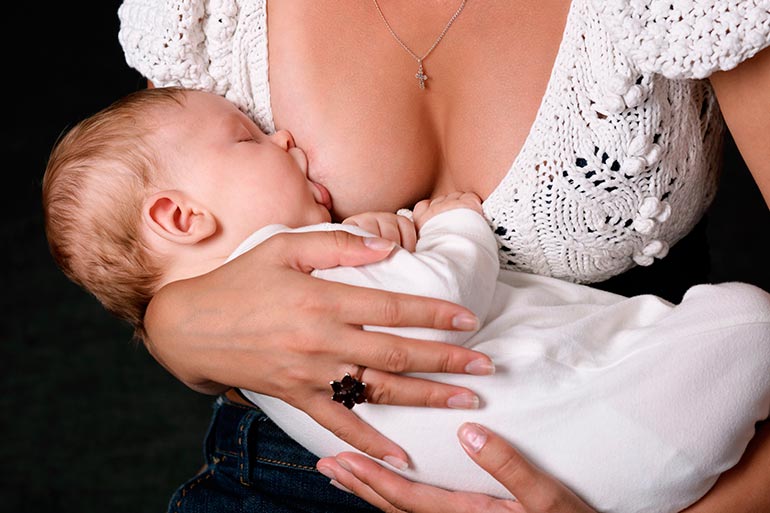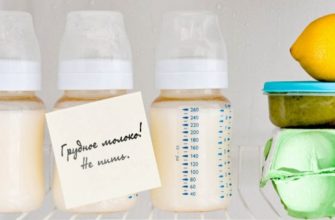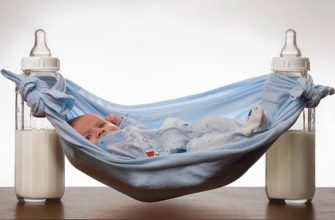Breastfeeding strengthens the emotional bond between mother and baby, provides the newborn with the necessary substances, and forms immunity. Therefore, many women are determined to breastfeed their baby for as long as possible. But often during the formation of lactation, young mothers have many questions:

1. Will I be able to breastfeed? The answer is clear: get it! Every healthy woman is able to naturally feed a baby, regardless of breast size, physique, age. To do this, you need the desire of the mother herself. If you doubt your abilities, you need to familiarize yourself with the basic rules of breastfeeding, the technique of applying to the chest, and the formation of lactation will be successful.
2. If milk does not come in the first days, is it necessary to supplement with a mixture? It is not necessary to feed a newborn. In the early days, colostrum is excreted in the mother; it has a high nutritional value. Therefore, even a few drops of it are enough for a newborn to saturate. In addition, during feeding, the number of attachments to the breast decreases, which delays the arrival of milk from the mother. Put the baby to the breast and as often as possible on demand and milk will arrive soon.
3. The kid loses weight - doesn’t heal up? Upon discharge from the hospital, all babies weigh less than at birth. It does not depend on the amount of milk a newborn consumes. Weight loss is associated with the following reasons:
- Isolation of fluid through the skin;
- Urination;
- The departure of the original feces (meconium);
- Stress of a newborn: from a warm, cozy tummy, he fell into a huge unknown world.
Normal is considered to be weight loss up to 10% of body weight at birth, usually after returning home, the baby will quickly gain the lost.
4. How often to give a breast to a newborn? Feed your baby on demand: offer breasts when he is anxious. In the early days, the baby may need a breast every 30 minutes. When milk arrives, the intervals between feedings become longer, but will not immediately be regular, or equal to 3 hours (as some say). On-demand feeding will ensure the production of the amount of milk necessary for the baby.
5. Is it necessary to express milk between feedings? When feeding on demand, additional decantation is not required. At first, there may be more milk than the baby needs, but over time it normalizes. Express milk in cases:
- When the baby does not take the breast, or for health reasons is separate from the mother;
- When there is too much milk and breast engorgement has occurred, it begins lactostasis or mastitis;
- When there is a deep painful nipple cracks;
- When a mother takes medications contraindicated in breastfeeding.
6. How long should a baby suckle? The baby will suckle as much as he needs. Sucking times can range from 5 minutes to 2 hours. In one case, the baby wants to eat, in the other - to drink, in the third he just needs mom's warmth.
7. Do I need to wash my breasts before feeding? This is not necessary. It is enough to take a daily shower with ordinary baby soap. Do not use deodorized and antibacterial agents: they often cause allergies in babies and neutralize beneficial bacteria. In case of sweating or excessive “leakage” of milk, you can simply rinse the breast with warm water immediately before feeding.
8. Is it necessary to give a baby a dummy? No, this should not be done. Satisfying the sucking reflex with the help of the nipples, the baby will be less likely to take breasts. Accordingly, the mother will decrease the amount of breast milk. Using a dummy can also lead to improper grip and even breastfeeding. We also read: how to wean a baby from a dummy
9. Is it necessary to milk a newborn with water? No, the newborn does not need water, because breast milk consists of 90% of it. Even colostrum is able to fully satisfy the baby's thirst. Water has no calories, so it can cause additional weight loss or insufficient weight gain.
10. Does the child have enough milk? You can find out about this in two simple ways:
- The number of urinations. They have a baby per day should be 12 or more. Urine is colorless or pale yellow, odorless. This criterion is true if the child is not doped with water and drugs are not given.
- Weight gain. A healthy baby gains weight at least 120 g per week (excluding the time spent in the hospital), the monthly increase can range from 0.5 to 2 kg (Read also: normal weight gain).
Maternal breasts are not only a means of saturating the baby, but also a way of communicating with the world, satisfying the need for love, affection and tenderness. Breastfeed your baby and enjoy it!
We also read: fundamental advice to a nursing mother about HB








